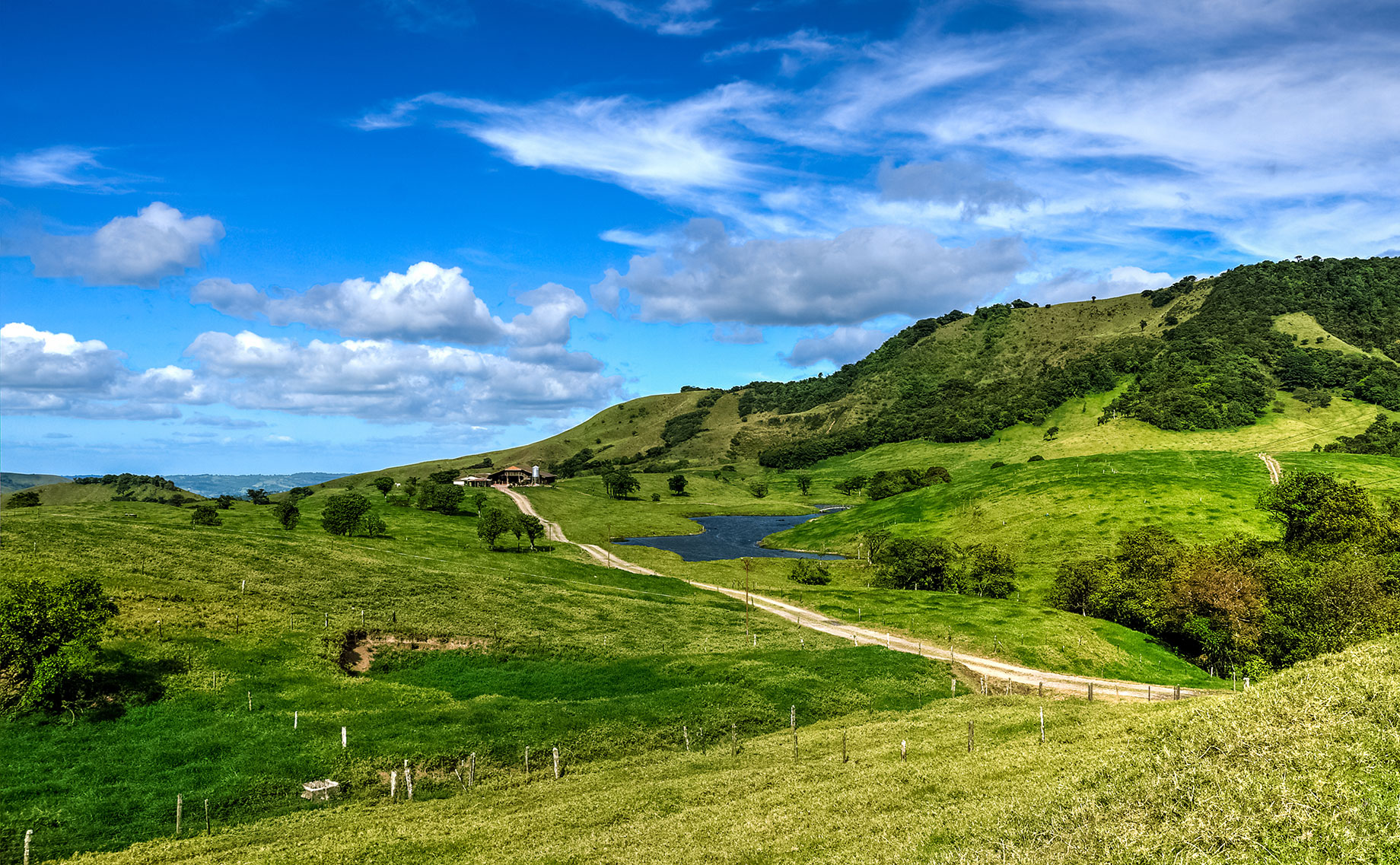
Costa Rica has become one of the most attractive countries for real estate investment thanks to its political stability, ecological richness, and booming tourism industry. In recent years, the demand for land for sale in Costa Rica has significantly increased, particularly among international buyers seeking sustainable living, remote work opportunities, and investor-friendly residency programs. Whether you’re planning to build a home, start a rental business, or secure long-term investment, purchasing land in Costa Rica can be a smart decision—if you understand the process and regulations.
Here are the key factors you should consider before buying land in this beautiful country:
1. Land Classification and Legal Status
Understanding the legal status of the land is crucial:
- Titled Land (Propiedad Titulada): This is land that is officially registered in the National Property Registry (Registro Nacional). It offers the highest security for buyers and is the preferred option.
- Maritime Zone Land (Zona Marítimo-Terrestre): The first 50 meters from the high tide line belong to the state, and the next 150 meters can be leased from the municipality. Foreigners cannot directly own land in this zone unless special conditions are met, such as forming a Costa Rican corporation and securing a concession.
- Kéköldi Indigenous Reserve Land: Located on the southern Caribbean coast, land within the Kéköldi Indigenous Reserve is protected and managed by the local indigenous community. Foreigners are not permitted to own land in this area, and even Costa Rican citizens face restrictions. Any advertised sales in this zone should be approached with extreme caution, as they may not be legally recognized.
- Posesoria Land (Untitled Possession Land): This refers to land that has been occupied and used by someone over a long period without formal title. In some cases, ownership can be claimed through a process known as prescripción (adverse possession), but the property will not be listed in the National Registry. Purchasing posesoria land carries high legal risk and requires a thorough investigation by a local attorney to verify if legalization and titling are possible.
- Gandoca-Manzanillo Wildlife Refuge Land: The Gandoca-Manzanillo National Wildlife Refuge is a protected conservation area in the southeastern Caribbean region. Land within this refuge is subject to strict environmental laws. Even if a parcel has a title, construction may be prohibited or heavily restricted. Buyers must verify whether a property lies within the refuge boundaries and what types of land use, if any, are permitted by environmental authorities.
- Wetlands and Flood-Prone Areas (Zonas Inundables / Humedales): Wetland areas or flood zones are regulated to preserve natural ecosystems and prevent environmental damage. Construction may require special environmental assessments, and in many cases, it is either limited or entirely prohibited—regardless of whether the land is titled. Always check the topography and environmental designation before purchasing.
2. Title Search and Documentation
Before finalizing any deal, request a property report (certificación literal) from the Registro Nacional. This will confirm:
- Ownership and title status.
- Liens, mortgages, or encumbrances.
- Approved land use (residential, agricultural, conservation, etc.).
3. Land Use and Building Permits
If your goal is to build, verify the permitted land use by requesting a Uso de Suelo (land use certificate) from the local municipality. This document defines what type of development is legally allowed on the property.
4. Access to Utilities and Infrastructure
Some areas in Costa Rica—especially remote or undeveloped ones—may lack direct access to water, electricity, or internet. Check whether these services are available or if private solutions (e.g., wells, solar panels, Starlink) will be required. The availability of utilities can greatly impact both cost and feasibility.
5. Property Taxes and Ongoing Costs
Be prepared for the following expenses:
- Annual property tax: 0.25% of the registered land value.
- Municipal fees: These vary by region and land type.
- Legal and closing costs: Usually range between 3.5% and 4.5% of the transaction value.
6. Legal Assistance
Hiring a qualified real estate attorney is essential. A local lawyer familiar with Costa Rican property law can conduct a due diligence check, draft or review contracts, and ensure the entire process complies with national regulations.
7. Buying Land Through a Corporation
Many foreign buyers choose to purchase land via a Costa Rican company (such as an S.A. or S.R.L.). This approach can provide tax benefits, make inheritance or resale easier, and simplify management for multiple owners.
Final Thoughts
Buying land in Costa Rica is an exciting opportunity, but it’s not without its complexities. With proper planning, legal support, and clear understanding of the local market, you can minimize risks and make a sound investment in one of the most desirable regions of Central America.
If you’re ready to explore opportunities or need expert guidance, we invite you to contact Punta Uva Realty — your trusted partner for buying land on the Caribbean coast of Costa Rica.